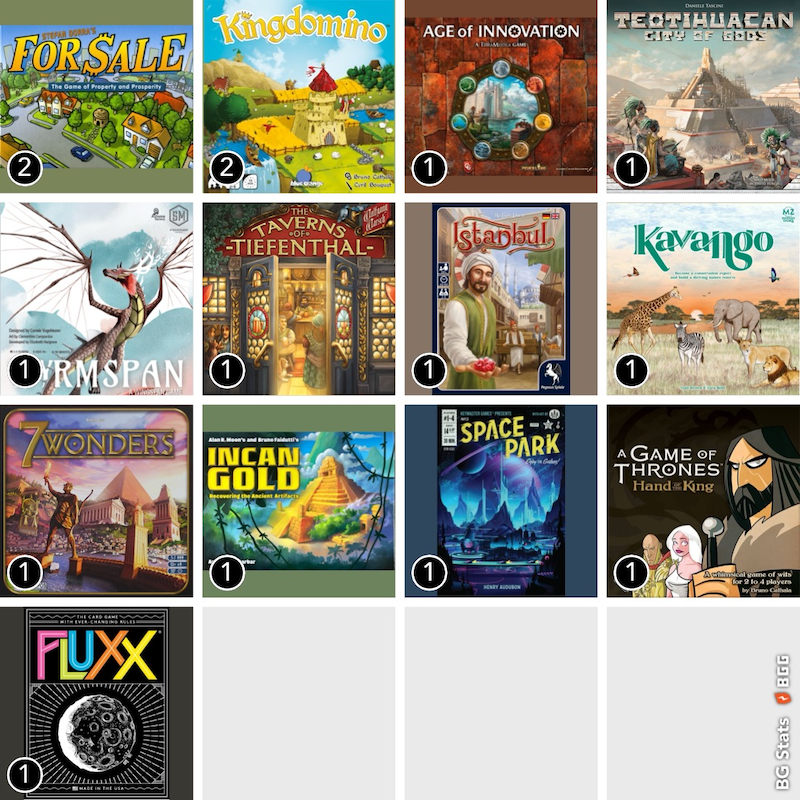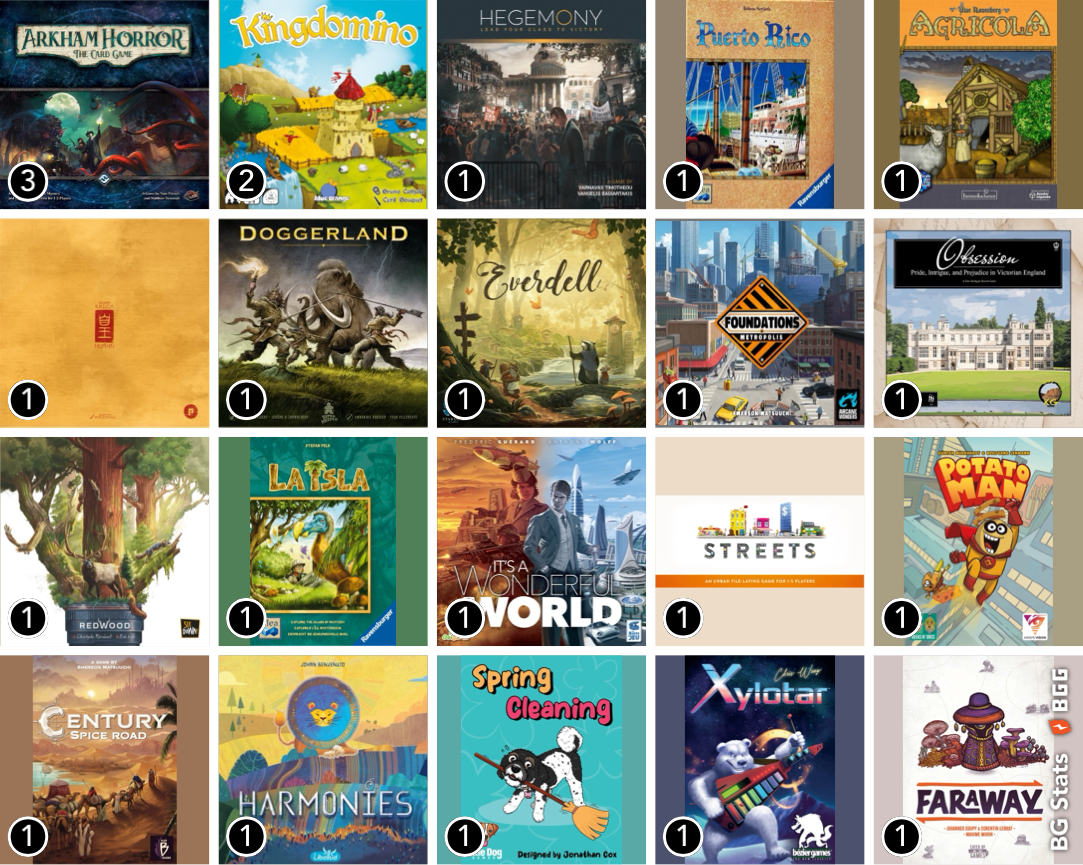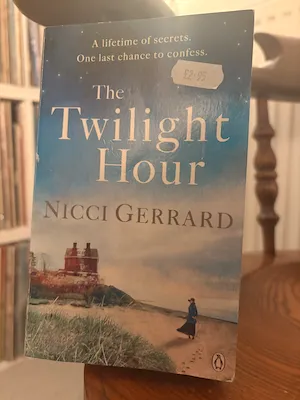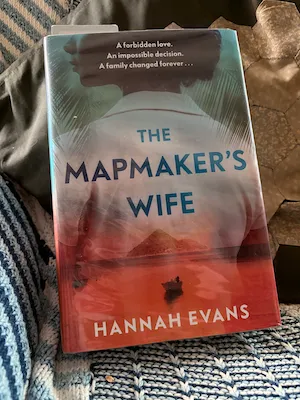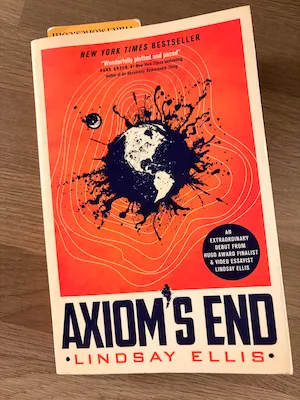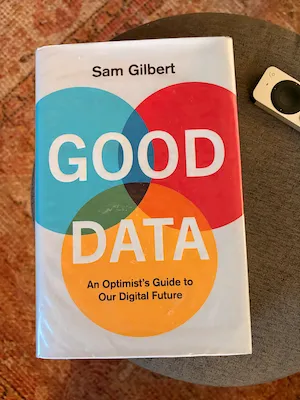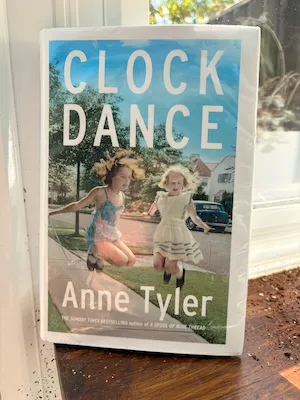The Flanders Panel
by Arturo Perez-Reverte
Friday, March 29, 2002
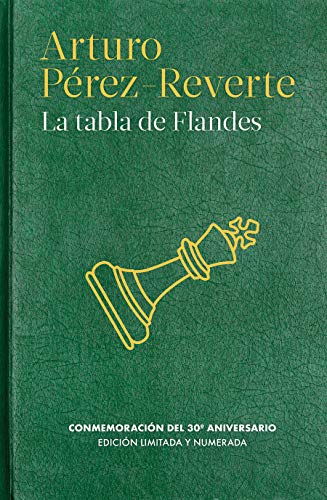
I read this for a mailing list discussion so I’ll probably wait until the discussion begins in mid-April to comment on it other than to say that it’s pretty much assured a place on my top ten mysteries of the year list.
[The rest of my comments are taken from a mailing list discussion and as such contain spoilers!]
[on the setting]
OK, from a quick glance through all the answers over the weekend it looks like I’m going to be one of the few people here who really enjoyed this book so I’d better get on and even the balance out a little!
The translation was one thing that I really want to comment on. Often when reading translations I’m very aware of the middle man between me and the author and whenever a phrase seems a bit out of kilter to me I wonder if that’s what the author really meant to say or if the translator has added or subtracted something. This wasn’t the case with The Flanders Panel, I found the book very readable and didn’t find myself stopping to think about the turns of phrases.
As others have said the smoking in the presence of artworks that were supposed to be being cleaned got to me a bit. But it was mainly the smoking as much as any other of the little details that put this book in Southern Europe to me. I didn’t get a great feel for the location it could have been any major city in that region really, but the lack of specific Madridness didn’t casue me any problems.
[on this being a “beachbook for intellectuals”]
My problem with both “literary” and “intellectual” is that they are generally used as insults to other things rather than compliments to the things they are applied to, or even just as plain labels to distinguish one type of content from another. If it is claimed that this is a literary book it seems to imply that all other mysteries aren’t worth the paper they are written on.
I’ve been tying my brain in knots on the intellectual angle this morning. The dictionary definition of intellectual seems to come down to “appealing to logic rather than to emotions”. On the one hand I don’t see anything intrinsically wrong with that. On the other I’ve got this down to a reductio ad absurdum proof that shows that good books have to appeal on an emotional level as well as having a good reasoned plot and therefore no intellectual book could be any good and hopefully no one intellectual would like a bad book, therefore there are no intellectual books. But I rather started losing the plot myself at this point ;-)
Also the “beachbook” label always seems backwards to me, there’s often more time on holiday to get deeper into something involving more thinking than there is in general everyday life so the idea that beachbooks should be lighter than usual seems upside down.
Anyways, back to the book itself. I didn’t feel the book was snobby, I got caught up in the chess and the art despite knowing little about either so I didn’t feel the book was pitched at a level to exclude those without prior knowledge. Using the above definition I could see the book as a little intellectual in that I didn’t get as emotionally involved with the characters as I would like to have done. I really enjoyed the puzzle but at the end of the day there were so many levels to the plot that the modern day murder level was the level that worked least well for me.
On the whole though I liked the fact that this wasn’t a traditional mystery and I really enjoyed the different parts of the story. That Julia’s story was the thinnest part of the plot was disappointing but not an all encompassing type of disappointment.
[did you guess whodunnit?]
No, the “queen” references rather made me believe that Cesar was the intended victim of the plot rather than the perpetrator. I was happily led up the garden path but I’m not sure that I found my way out of the garden gate properly even when it was all explained to me.
I loved the chess game, that was the really good part of this book for me. I can play chess but very badly, I seem to think in the wrong way for it I loved having all the options explained so that I began to understand what was going on. Everytime I turned the page I was hoping to find another chess board waiting for me to learn more. I had no chance of sussing out the whodunnit in the chess game any more than in the “real” scenario but I enjoyed the chess game far more.
[on characters and motivation]
The motivation was thoroughly lousy and I don’t think I got the hang of who did what and why even after it was all laid out to me. However by that point I’d enjoyed the chess game so much that I didn’t really care that the rooks and knights were more realistic than the people they were representing.
I liked the guy they brought in to analyse the chess game the best though I’ve forgotten his name already. Julia I liked the least, probably just because she was the most prominent character with the most opportunity to get on my nerves, and I never understood the relationship between her and Cesar properly as it didn’t seem to be consistently portrayed.



